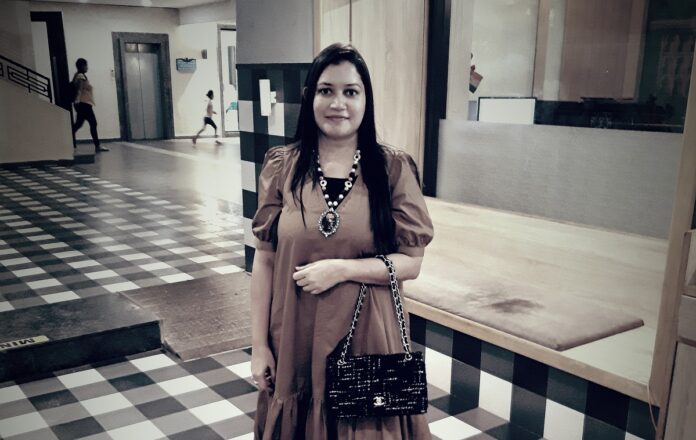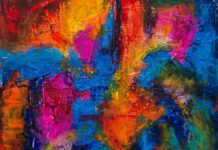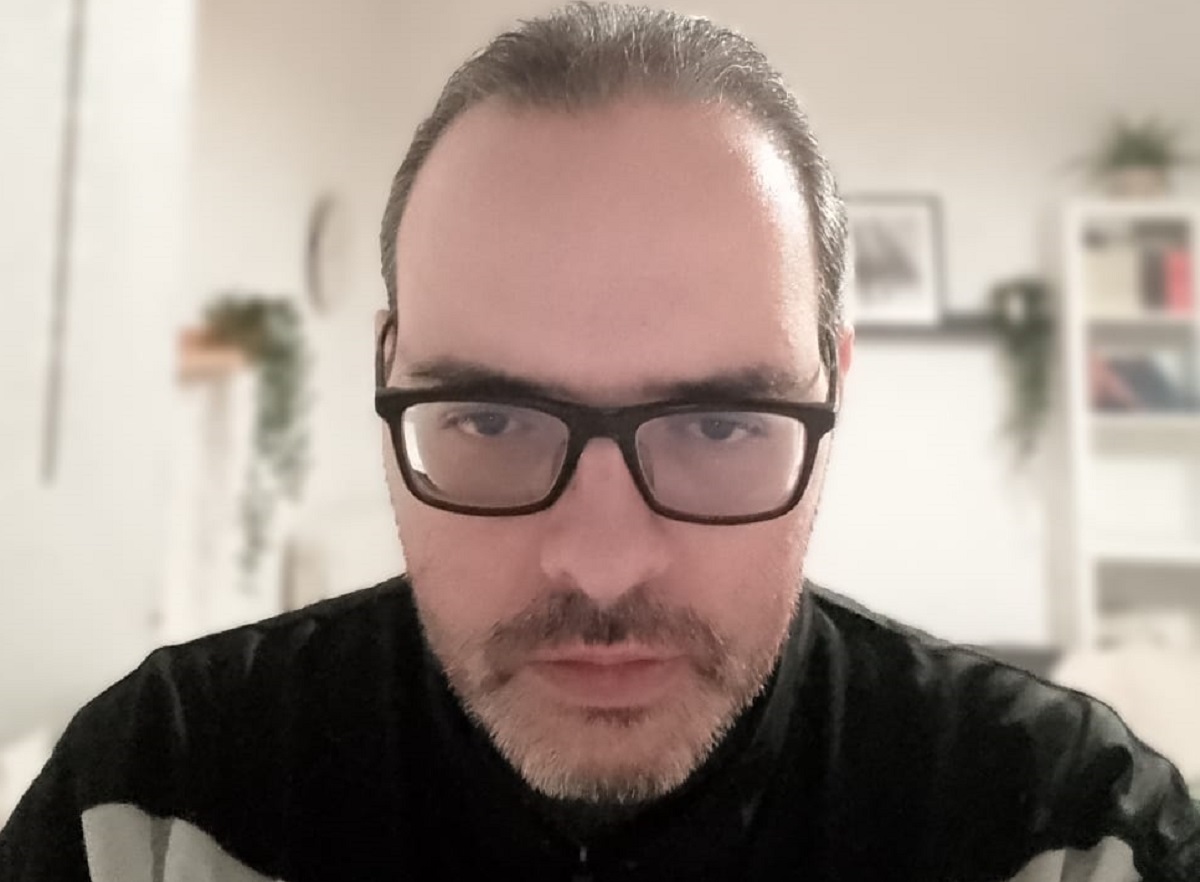How would you describe your poems?
My poems are snapshots of daily life, fleeting moments that are neither tragic nor euphoric.
When did your writing journey begin, and have you always gravitated toward poetry?
I remember maintaining a zingy pink lock-and-key diary as an adolescent. I would pour my heart out into the intimate pages of the diary. I would write about what hurt, what made me delirious with joy. I would write about my dreams, my emotions, and my feelings in general. It was nice to have someone to turn to. That diary was a repository of my aloneness, a gathering place for my fragmented self.
My first piece of writing, a feature story titled “you are not your body” was published by the Times of India in the year 2011. I was beyond ecstatic to see my name in print.
Reading poetry often leads to writing poetry. Poetry makes you think in ways you’ve never thought before. It makes you want to discover the extraordinary within the ordinary. It makes you want to find beauty in the mundane.
Reading poetry often leads to writing poetry. Poetry makes you think in ways you’ve never thought before. It makes you want to discover the extraordinary within the ordinary. It makes you want to find beauty in the mundane.
Sometimes I find all the ‘idealism’ too nauseating. I want to fight idealism with the magic forces of poetry.
Did you always read?
Two of my cousins aroused my love of reading. I’d visit them frequently and they’d be gorging on books. They would probably pack more books than clothes. Gradually I found myself sifting through stacks of books, seeking out new words in the dictionary, chiselling new phrases, adding new words to my repertoire. I felt the magic of words lulling me. The rustle of the paper, dogeared pages, the smell of freshly inked pages, the sound of the pencil as I annotated. I would even memorize passages that deeply resonated with me.
Slowly and steadily, I have developed a love of literature, and I have devoted my energies to reading. I can now say that I have a natural propensity for reading.
You write because..
Writing, for me, is the greatest pleasure in the world. I did not set out to make a fortune from writing; I know I am not that kind of writer. I write because it is the thing I do best. I write because writing gives me a feeling of wholeness. Of plentitude. Writing is therapeutic – it arouses tremendous strength in me. It brings me joy and peace. I write because happiness with human beings is so precarious. I write because literature makes my world more navigable.
I believe I am writing my best poems in the busiest period of my life – in the splintering seconds before my daughter wakes up. I write in bits and pieces; I write in the scraps of time available to me because that’s how long I can hustle during my daughter’s naps.
What are you currently reading? And what’s on your TBR?
I am halfway through Kudos by Rachel Cusk.
Books on my TBR:
84 Charing Cross Road by Helene Hanff
Light Years by James Salter
The Unabridged Journals of Sylvia Plath
Celestial Bodies by Jokha Alharthi
The Brothers Karamazov by Fyodor Dostoyevsky
Madame Bovary by Flaubert
Small Things Like These by Claire Keegan
Magma by Thora Hjörleifsdóttir
Sweet Bean Paste by Durian Sukegawa
All My Mothers by Joanna Glen
Yellowface by Tebecca F. Kuang
My Husband by Maud Ventura
What poets/writers have influenced your style and approach to writing?
Mary Oliver, Roald Dahl, Ruskin Bond, Rumi, Haruki Murakami, Sylvia Plath, Virginia Woolf, Elif Shafak and Khaled Hosseini.
Did you ever consider writing under a pseudonym?
Yes. Using a ‘nom de plume’ enables a writer the freedom to write uninhibitedly and anonymously.
Can you share some insights into your creative process?
I cherish being alone before the house awakens – the time is ripe for daydreaming, ideating, reading and writing. I never force myself to write. The words flow or they do not flow. I note passing thoughts, ideas and musings on my phone. Sometimes, I even note fragments of conversation on wet wipes, diapers and toilet paper.
Do you think there’s a connection between genius and madness?
Someone rightly said that there is no genius without a touch of madness. Some of the most celebrated geniuses – Van Gogh, Frida Kahlo, Virginia Woolf and Sylvia Plath supposedly battled enormous episodes of mental illness. Mounting research suggests that people with bipolar tend to be extremely productive and creative when they are coming out of severe depression.
The notion of the ‘mad genius’ is, however, as controversial as it is persistent. I am personally transfixed by the idea that creative brilliance requires a touch of insanity.
What is the first book that made you cry?
A Thousand Splendid Suns by Khaled Hosseini
About the Author
Swati Moheet Agrawal is a mother, poet and writer whose work has appeared in Muse India, Setu, Active Muse, The Alipore Post, Modern Literature, Sledgehammer Lit, Thimble Lit Mag, Potato Soup Journal, Rhodora Magazine, Friday Flash Fiction, Ariel Chart and The Criterion among other literary magazines and journals.












